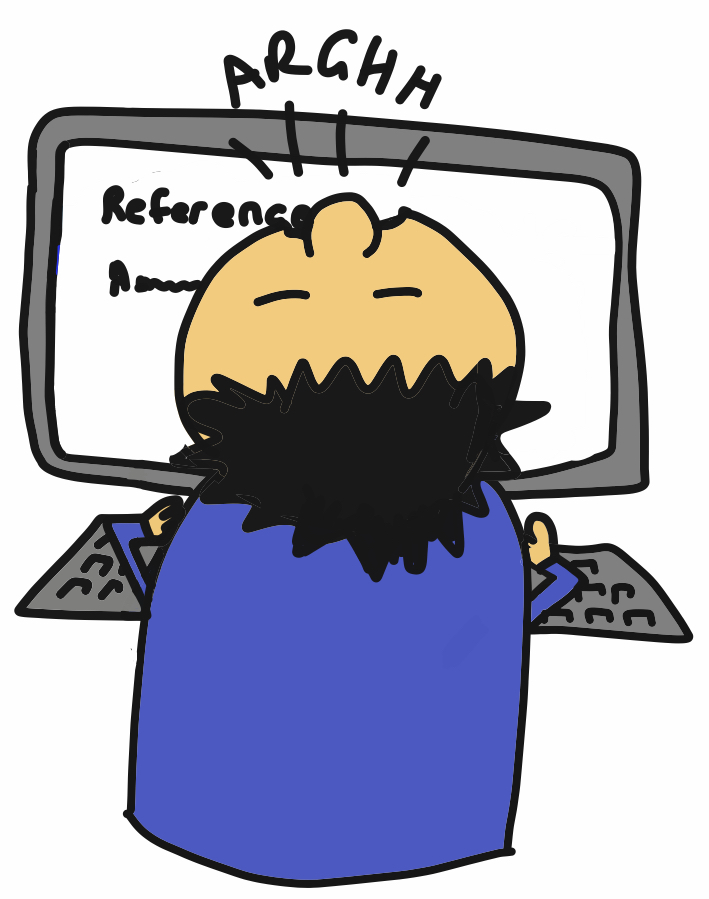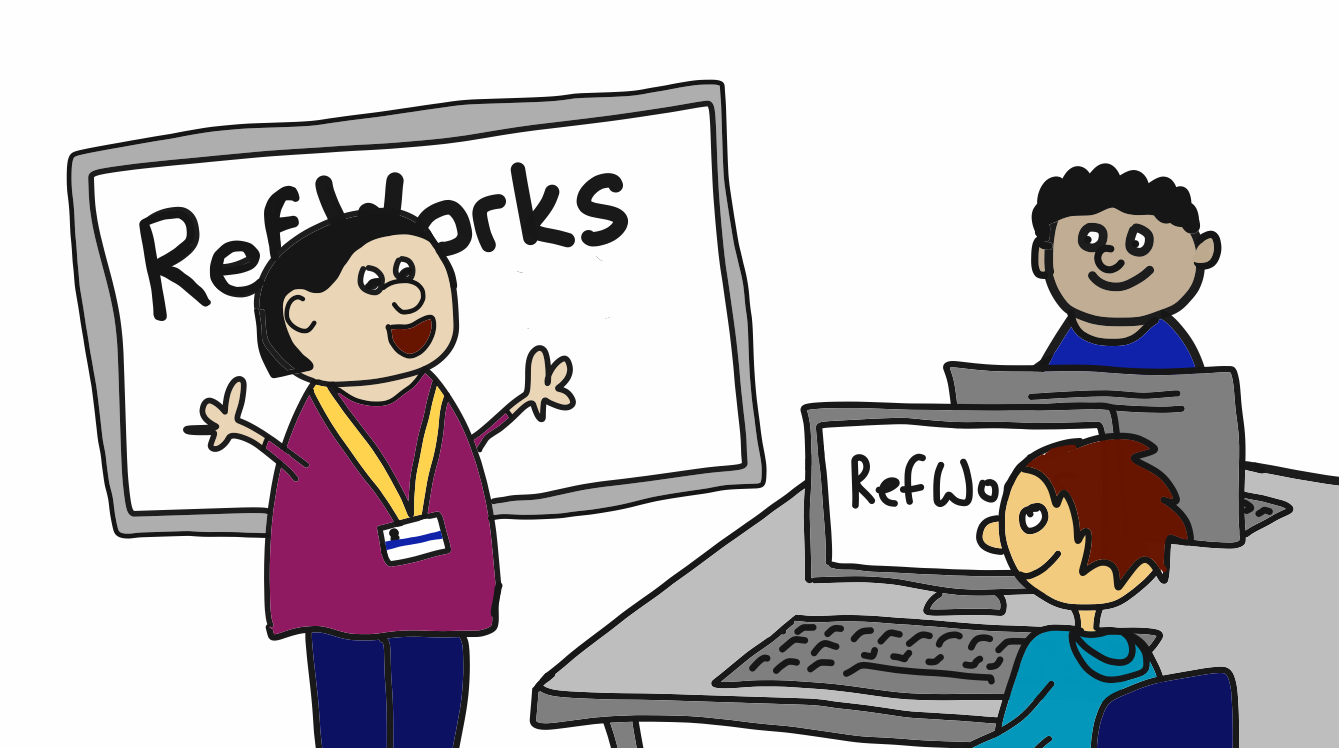By the end of the second year at uni, nobody needs to be typing references out manually – there’s an app for that!
Gone should be the days of losing or forgetting referencing details or painstakingly following your referencing guidelines; software such as RefWorks or EndNote can take the strain and the pain out of the process.
In the first year

Sorry first year students, you are going to have to do it the hard way. Being familiar with your discipline’s referencing style is essential before you can consign the drudgery to the past. Manual referencing needs to be mastered before you can switch to using software.
The main reason for this is that automated systems are not fool-proof. They make mistakes. These are usually easy to put right, but if you are not familiar with your discipline’s style, you will not recognise these and could be submitting work containing glaring errors.
But at least this pain will make you really appreciate the other option!
In the second year
Your second year is a great time to learn how to use referencing software. The University of Hull officially supports two applications – RefWorks and EndNote. Whilst there are others out there, these two are the only ones that have Hull Harvard and Hull Footnotes styles available*.

For most undergraduate students, RefWorks is easier and cheaper. It is completely web-based so can be accessed at home, at university or anywhere with internet access.
EndNote is generally advised for postgraduate students, particularly doctoral candidates, as it allows more inter-operability with other programs such as NVivo. However, EndNote is recommended for any student who is likely to be using non-standard sources (maps, images, audiovisual sources etc). EndNote is available on all university machines but there is a cost involved if you want to install the full version on your own computer. For more information see our SkillsGuide on Referencing Software (please note this is part of a wider guide on Academic Software which is under construction).
The Skills Team run workshops on how to use both programs: Referencing Software Workshops. In short, you will learn how to build your own library of references (including exporting them automatically from journal databases) and then easily cite these in your text and create/build a bibliography/reference list without having to type anything yourself.
In your final year

This is when you are laughing! Writing up a dissertation or independent study normally involves typing A LOT of references. Many of these will be key texts in your discipline and you will have already referred to them in your second year assignments – so they will already be in your library and can be used again.
Often when reviewing the literature, you don’t know whether you will end up using something in your final submitted piece – that is where this software is brilliant. You can save it to your library anyway and if you decide to use it after all, it is ready and waiting to be cited. In this way, you are curating your own body of literature. This can also be organised into folders for easy access.
You may never use the library again once you have completed your degree – but if you wish to do a masters or doctorate, then this will form the basis of an ever expanding library of literature that will represent your personal development as an academic.
*If your discipline uses APA, OSCOLA or RSC reference styles, other free software such as Menderley or Zotero may be fine for your use. These are not available on campus machines however and cannot be supported by the Skills Team.
